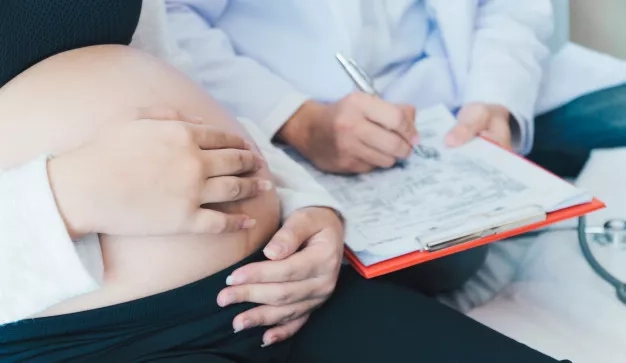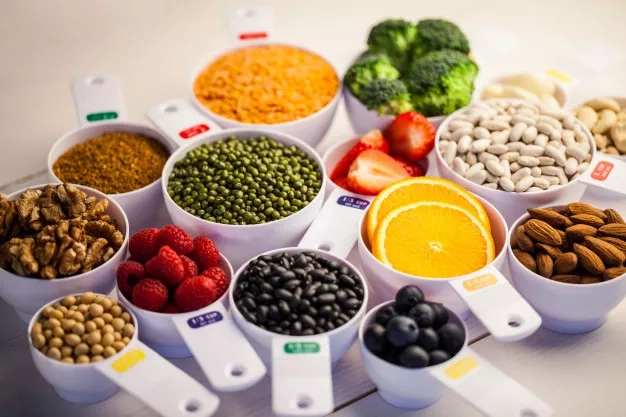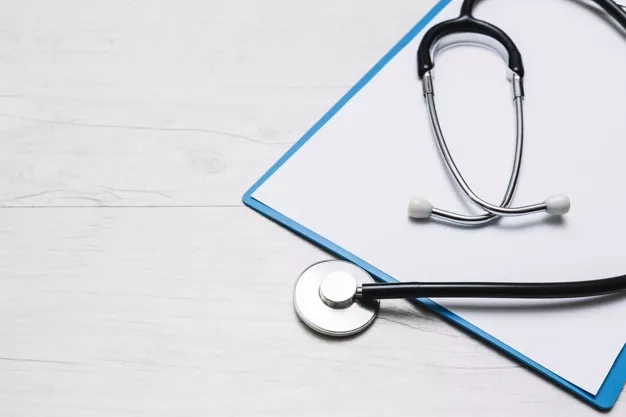Is being an older couple a problem?
By Dr. Ann Tan
Obstetrician and Gynaecologist
MBBS (S'pore), MRCOG (London), MMed (O&G), FAM (S'pore)

What is older? Is there a difference being older?
Being older is, by definition, a mother who is greater than 35 years of age at delivery. It does not matter that she or the couple have had other children before.
The older male partner also has a part to play, and the age and well-being of the father should never be overlooked.
What are the issues of being an older mother?
Shrinking egg bank
At 35 years old and above, a woman is more than likely to have used up a large part of her egg bank. She therefore has fewer chances of conception and of a live birth than her younger sisters. Not only is the number of available eggs smaller, the quality of the eggs is also in question as she is more likely to have abnormal eggs.
Increased miscarriage risk & increasing risk of abnormal babies
In the 20s, 10% of pregnancies miscarry, 15% between 30 and 34 years old, and that rises to 20% by 35 to 39 years of age, and 35% by 40 to 44 years of age. This is because the number of abnormal eggs increases with the age of the mother, thus leading to an increasing number of abnormal conceptuses, which account for the spontaneous miscarriages.
The risks of having a chromosomally abnormal baby, e.g., down syndrome, also increase exponentially after 35 years of age. The risks of Down syndrome rise from 1 in 800 at age 20 to 1 in 250 for mothers aged 35 years or older at delivery and increase to 1 in 100 at age 40.
The risks of autism and educational disabilities are also linked with the increasing age of the mother at conception.
Increased risk of medical and gynecological disorders
Being older also increases the risk of having developed other medical and gynecological issues. Common medical issues are thyroid disease, whether it is hyperthyroidism or hypothyroidism; hypertension, diabetes mellitus, or even renal or autoimmune disorders. Such medical conditions, like diabetes, can make pregnancy more difficult by increasing the risk of birth defects in the baby if they are not well controlled. If thyroid disease is poorly controlled, there could be potential damage to the foetuses’ IQ development as well. There is also a chance of having a hypertensive crisis if you have kidney disease or one of a few autoimmune diseases.
What tests are available to screen for the health of the foetus?

Maternal serum screening and other tests can give you an approximation of risk. For more certainty, tests such as chorionic villus sampling or amniocentesis can provide a firm diagnosis, which allows a woman either to terminate a pregnancy or help prepare her for the special needs her baby will have. No woman has to undergo any tests if she would rather not have this information.
There is another small but serious risk to the babies of more mature mothers. More babies die in the uterus right at the end of pregnancy in mothers aged over 40. Figures for 2006 showed that the rates of stillbirth were steady at around 5 to 6 babies per 1,000 births for women aged 20 to 39, but increased to just under 9 babies per 1,000 births for women aged 40 and above.
This increased risk cannot be explained by complications in pregnancy or other illnesses alone. For this reason, caregivers are often more vigilant about older mothers in their final weeks of pregnancy. Despite the increased risk with increasing age, it is important to remember that the vast majority of babies are fine. Figures show that, with the exception of chromosomal abnormalities, babies of older mothers don't have a higher risk of most birth defects than babies of younger mothers.
What are the advantages of being older?

Financially and mentally prepared
Being an older couple usually implies that you are financially in a better position and are mentally more prepared for the changes that a child would bring into their lives, as the pregnancy would usually be planned for. Resources for prenatal care and nutrition for the mother and her developing baby are usually better. This can only be beneficial to the health of the mother and help her start off on a better footing for motherhood.
What can one do to prepare for motherhood eventually?

Diet
Stay healthy, eat fresh foods, take prenatal supplements, and ensure adequate hydration at all times. Exercise and keep limber to ensure one’s circulation is good, as that would definitely enhance the quality of egg production.
What tests are there for the older mother?

Ensure that the annual health checks are taken and corrective measures are taken to improve the health of the prospective mother. For example, diabetes should be treated aggressively to reduce the risk of abnormal babies.
Ensure that all your vaccinations are up to date and you have good nutritional habits, as well as consume additional prenatal supplements to reduce the risk of congenital defects.
What effect does age have on the birth itself?
The older the mother is, the more likely it is that someone will step in to help. If you are over 35 years of age, you are more likely to have induced labour, an epidural, forceps or vacuum delivery. Virtually all studies agree that the rate of caesareans also rises with maternal age. This is not necessarily a bad thing, as there are always good reasons for interventions.
Does the older partner play a part?
A man who is older is more likely to get medical and physical problems, such as varicocele, urinary tract infections or stones, or prostatitis, which can hurt the quality and quantity of sperm.
Being an older male also means that his hormones are lower and his stressful lifestyle may hinder sperm production due to lower quality of life due to decreased male hormones and poorer nutrition. Do ask your partner to get a full medical checkup before the two of you plan to get pregnant.
In conclusion
At the end of the day, having a child to add to one‘s home is always a blessing. The journey of becoming a parent is always a joy, and one should always feel blessed to be a part of this journey with them through unchartered waters.
Recent Blog Posts
- 01 Aug 2025
- 02 Jun 2025
- 28 Mar 2025
- 10 Nov 2023
- 19 Oct 2022
